A previous post proposed a framework for fair—that is, open and inclusive—ways of making decisions on how to finance Universal Health Coverage (UHC). However, some critics question the value of procedural fairness. In this post, which draws on a co-authored response to such critics, Alex Voorhoeve examines its worth.
Four potential benefits
Procedural fairness can be beneficial in four ways. First, it can advance substantive equity (fairness in the distribution of benefits like health care and burdens like insurance contributions) by mitigating one common source of unfair outcomes: that the powerful use the decision processes to their benefit and to the disadvantage of less powerful, typically less well-off groups.
Second, it can contribute to the legitimacy of health financing institutions. It is useful to distinguish between normative legitimacy—the degree to which a public agent is morally entitled to assert its authority and can create moral duties to obey its edicts—and descriptive legitimacy—the actual acceptance of a public agent’s authority and the need to obey its decrees. A fair process contributes to normative legitimacy in three ways. (a) It ensures that policy choices are justified through public reasoning, thereby providing people with the explanations they are owed as citizens. (b) It facilitates participation, thereby enhancing the democratic basis of decisions. (c) It tempers the degree to which those affected by health financing policies are placed in an inferior position to those who decide these policies. For it ensures that decisions are made for common reasons rather than decision-makers’ personal interests, it safeguards equal, serious consideration of interests and viewpoints, and makes sure decision-makers are accountable to the public.
Research suggests that citizens pick up on these features of procedural fairness and this increases the likelihood that they in will fact accept decisions and regard them as binding. In other words: normative legitimacy promotes descriptive legitimacy.
The third potential advantage of procedural fairness is that it can build trust. Open and inclusive decision-making assures the public that relevant evidence is considered and that everyone’s interests are taken into account. Moreover, transparency can lessen corruption. Finally, the fact that the implementation of decisions (and their impacts) can be verified can build confidence in government effectiveness when there is, indeed, follow through.
The fourth potential benefit of procedural fairness is that it can support the degree to which reforms on the path to UHC are sustained. Fair public deliberation aims at consensus where it can be found, and decisions that are grounded in consensus are more durable. Even when consensus is not achievable, the fact that a fair process was followed can dampen down the anger of those who lose out and can increase the extent to which they acquiesce to the outcome.
Prerequisites for establishing fair procedures
While our research finds that fairer procedures can be valuable in these ways, it also finds that it can be hard to establish the conditions under which open and inclusive decision making can be made to work and have these beneficial effects. One such prerequisite is a shared faith in all parties’ willingness and ability to participate productively in deliberation. For example, our study on the 2017 legislation that established the Programme of Medical Guarantees in Ukraine indicates that this condition is hard to meet in societies where some stakeholders profoundly distrust each other. Our conclusion is not that fair decision processes should not be pursued in such circumstances, but rather that it is important to invest in laying their foundations. For other case studies show that even in challenging circumstances, putting time and resources into building more open and inclusive decision systems can pay off. For example, despite the fact that Thailand’s democracy is frequently affected by military coups and is considered by observers to be only “partly free”, it has, over decades, invested staff and money into building inclusive processes for setting priorities in its UHC scheme. These processes go some way towards ensuring that the voices of civil society organizations and patient groups are heard and that academic research as well as patients’ lived experience are considered. They also guarantee that proposals about which interventions to cover are judged against a publicly declared, reasonable set of criteria. These characteristics of the system, research suggests, have enhanced public trust.
A central lesson, then, is that in decision-making on the path to UHC, procedural fairness is valuable because it can make outcomes more equitable, promote trust and legitimacy, and help reforms endure. While the research team’s case studies of countries as diverse as Ukraine, Thailand, The Gambia, Tanzania, and South Africa show that it is difficult and costly to create more open and inclusive systems of decision-making, they also demonstrate that advances in procedural fairness in health financing are often feasible and worth it.
By Alex Voorhoeve
Alex Voorhoeve is Professor in the Department of Philosophy, Logic and Scientific Method at the LSE. He works on the theory and practice of distributive and procedural justice (especially as it relates to health), on rational choice theory, moral psychology, and Epicureanism. He has acted as a consultant on justice in health to the World Health Organization, the World Bank, and the Norwegian Institute of Public Health, and is a member of the Bank of England’s and UK Treasury’s Academic Advisory Group on the development of a “digital pound”.





















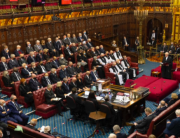


















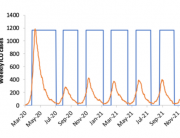

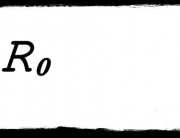

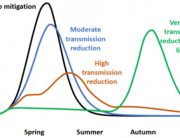




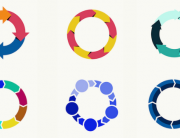





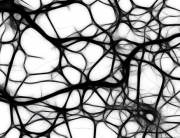
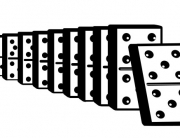







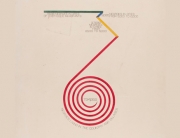






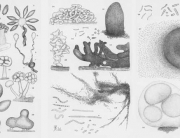























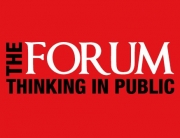
















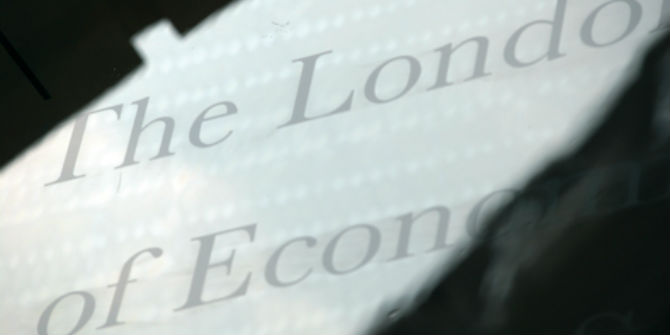







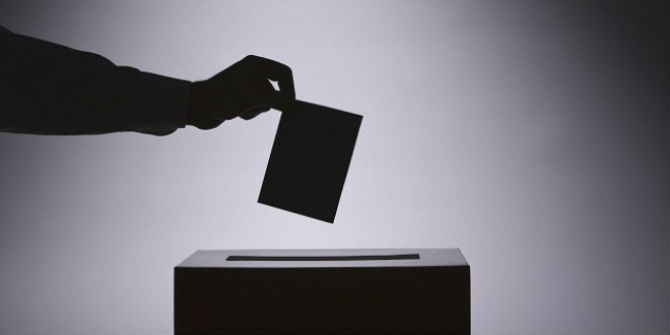



Connect with us
Facebook
Twitter
Youtube
Flickr